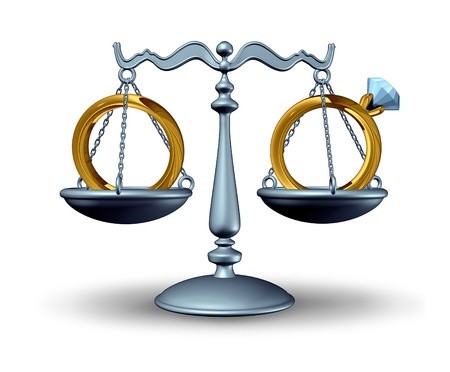The engagement period of a romance is a beautiful time, one filled with expectation and high hopes. But before you get swept away by romance, it is important to consider how you want property and assets handled in the future – especially if things go wrong. Though not everyone needs or wants a prenuptial agreement, there are situations where you may want to consider it.
Do You Want to Keep Your Existing Property Separate?
In many cases, property you own separately before the marriage remains your own separate property after the marriage. However, all other property acquired during the marriage, if not specifically excepted by a prenuptial agreement, becomes community property in conformance with California community property laws.
An argument can also be made that developments that improve (increase the value of) separate property due to community payments and effort might result in community interest in the property. If you would like to keep your existing property from before the marriage separate even after the marriage, regardless of developments or improvements from community effort, then you may need to draft a prenup agreement.
People might have various reasons for doing this — perhaps there is an inheritance or piece of intellectual property that you would like to keep separate.
Do You Want to Prevent the Creation of Mutual Property?
A prenup can prevent the creation of community property during the marriage. This means that no property that the couple acquires during marriage becomes community property – it must belong to one party or the other. This includes not just real estate, but also bank accounts, earnings, personal property and more. This is not a common type of agreement, but should you wish this kind of financial independence to prevent the creation of community property, you will need to create, and get your partner to agree to, a prenup.
What Are You Willing to Risk?
If there is certain property you want to keep safe, then you may need a prenup; but there are certain risks in asking for a prenup in the first place. Prenups are serious contracts, and asking your significant other to sign these kinds of agreements can cause an emotional reaction you may not have expected. They may not want to sign such an agreement, or worse, may have second thoughts about getting married at all.
Consider how your significant other might react, and also be willing to answer this question for yourself: if your partner says no to a prenup, do you still want to go through with the marriage? Weigh this carefully.
Need to Know More About Prenups?
If you are considering a prenup and need to know more, contact Park Family Law. We regularly prepare prenups for mid to high net worth clients and can assist you every step of the way.

